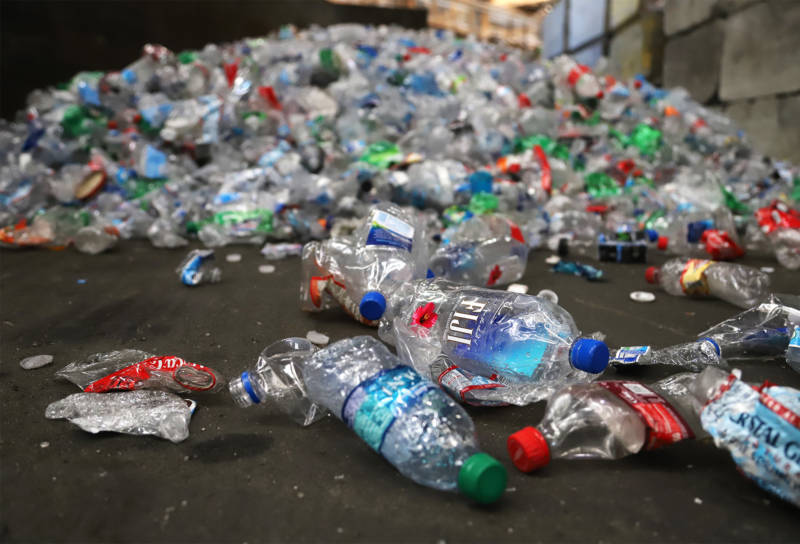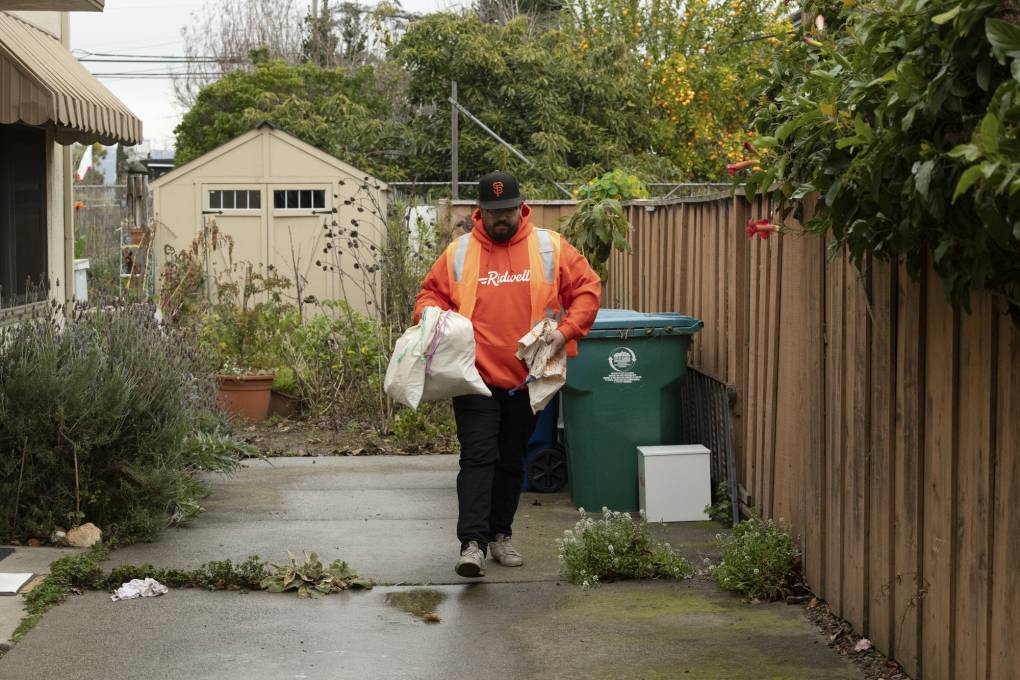In explaining his veto, Newsom wrote that late amendments introduced a “costly, burdensome process” to the bill.
“The waiver petitions allowed under this bill would put the burden on the state to prove to manufacturers that their products can meet recycling goals, rather than making clear that manufacturers have the responsibility to create products that can meet these goals,” Newsom wrote.
Newsom was likely referring to an amendment allowing manufacturers to appeal to an administrative judge if they fell short of the required goals, said Mark Murray, executive director of Californians Against Waste, an environmental group that lobbied for the bill.
Murray said the provision had been added at the behest of industry lobbying group American Beverage Association and called it a “more complicated and, frankly, convoluted enforcement mechanism” that could take authority away from the state-run agency CalRecycle.
“I understand the concerns that the administration had with the bill,” Murray said. “I am absolutely confident that between the author and the administration we are going to be able to get it right next year.”
For its part, the American Beverage Association also expressed dismay at the veto.
“We’re disappointed given that this bill balanced the need for more recycled content with the realities of the marketplace to reach the goal of improving the recycling and reducing of plastic in California,” said William Dermody, a spokesman for the association.
Currently, most bottle manufacturers don’t incorporate recycled plastic into their products and instead use “virgin” plastic resin, a byproduct of fossil fuel production.
“Recycled content is competing with virgin plastics, and virgin plastics are tied very closely to the price of natural gas, which is very low right now,” said Nick Lapis, director of advocacy for Californians Against Waste. “Instead of being valuable on their own, [recycled plastics] are competing against this horribly destructive, fossil fuel-based material.”
Californians have largely embraced recycling: The most common plastic beverage bottles, which are made of #1 plastic — also known as PET or polyethylene terephthalate — were recycled at a rate of 74% in 2018. That’s 9.2 billion plastic bottles that made their way back to recycling centers last year alone.
The dirty secret that has increasingly gained attention, however, is that a lot of what people were putting into their curbside blue bins or taking back to recycling centers wasn’t actually getting reused. Much of it was shipped to China, until the country stopped accepting imports of the rest of the world’s plastic waste.

